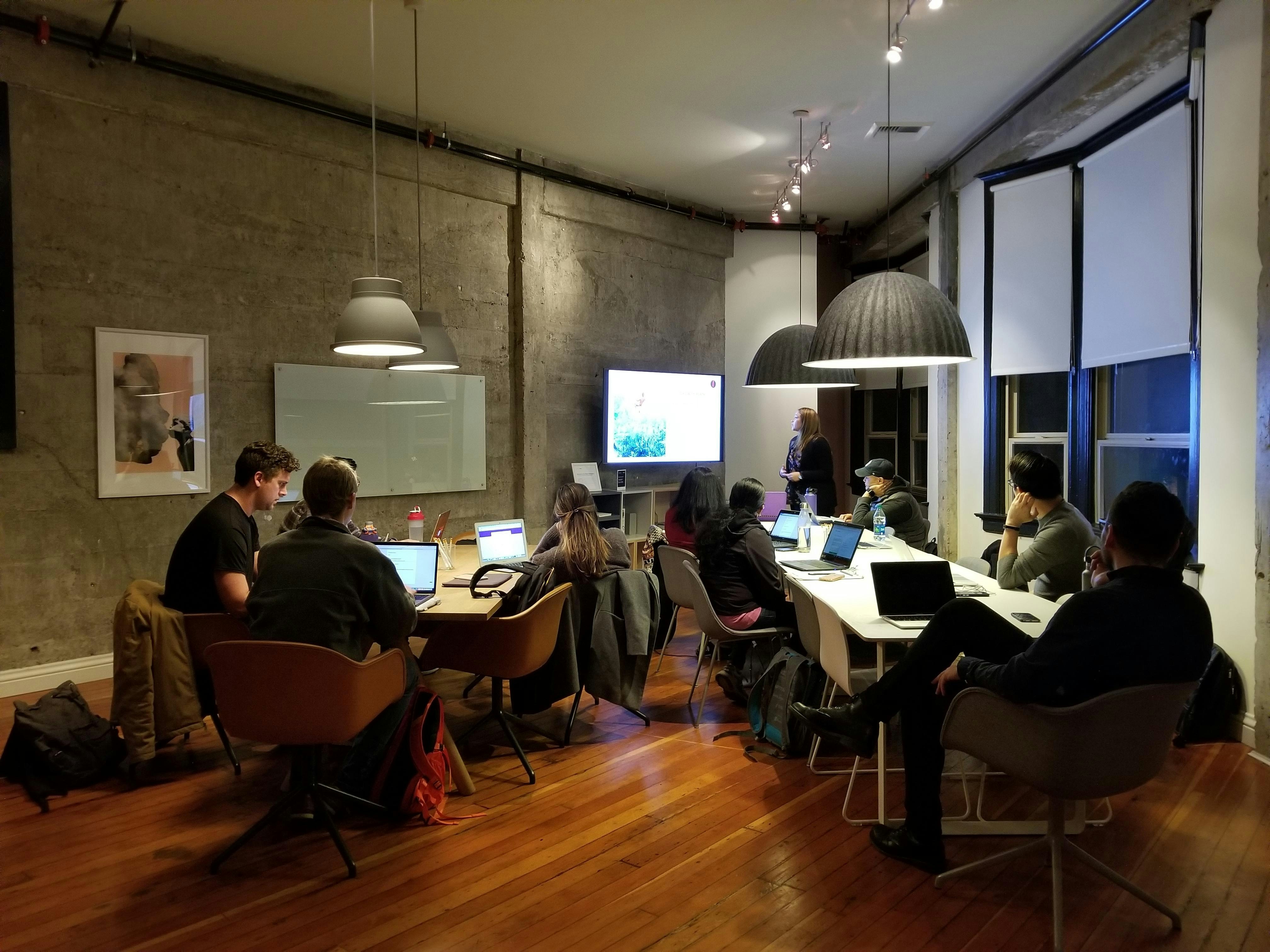
5 Ways To Build Influence Fast In Tech Hubs
Joining a bustling tech center often brings excitement and a sense of challenge as established figures steer the dialogue and spark innovation. Many newcomers feel eager to stand out and contribute before chances pass by. This guide highlights five practical ways to establish yourself swiftly. By connecting with local groups, sharing your expertise, and forming genuine relationships with both peers and seasoned professionals, you can build a reputation that lasts. Each suggestion in this guide complements the others, helping you gain respect and influence in your new environment. With these steps, you will find your place and make a meaningful impact.
You don’t need years of reputation or a large budget to stand out. Instead, focus on strategic actions you can take this week. By blending presence, content, collaboration, and online craft, you’ll move from outsider to respected contributor. Ready to dive in? Let’s map out the steps.
Get to Know the Tech Hub Scene
Start by learning the local scene and its main players. Find out which meetups attract developers, founders, or designers. Check out coworking spaces and startup accelerators where workshops and panels take place. Identify the decision-makers, event hosts, and founders active in your field.
Next, study the themes that resonate in that city. Does the community focus on AI research, fintech startups, or hardware prototypes? Follow local newsletters, browse city-specific Slack groups, and subscribe to podcasts that interview regional innovators. This step ensures your efforts match the hub’s current pulse.
Build Your Network Strategically
- Attend one targeted event each week. Choose sessions that match your skills or goals.
- Prepare a short personal pitch. Summarize who you are and what you offer in two sentences.
- Follow up within 48 hours through email or a direct message on LinkedIn.
- Help others before asking for favors. Share a resource, introduce two contacts, or volunteer at a meetup.
Thoughtful interactions create a stronger impression than random handshakes. When you focus on events that suit your expertise, you connect with people who appreciate your skills. Keep conversations brief but memorable, and always follow up with a clear next step.
Share Your Knowledge to Build Authority
- Write a short blog post analyzing a recent local tech announcement or startup launch.
- Record a quick video demo on a tool or technique you use in your work.
- Host a live workshop or webinar at a coworking space, then share the recording.
- Pitch an opinion piece to a regional industry newsletter or magazine.
- Publish a case study on a successful project you led or contributed to.
Sharing original content shows your skills and insights. It also creates a portfolio others can browse. When you explain complex ideas in clear posts or videos, you build credibility quickly. People begin to see you as someone who knows the field and provides value.
Make each piece practical. Use real numbers, concrete examples, and simple language. Add visuals like diagrams or screenshots. Tag relevant local businesses or influencers to spark conversations. This approach increases views, invites comments, and broadens your reach.
Work on Collaborative Projects
- Propose small side projects with peers—such as building a plugin, designing a mini-app, or co-hosting a podcast episode.
- Offer your skills free of charge for a nonprofit coding event or hackathon team.
- Join open-source projects on GitHub related to local challenges in transportation or health.
- Partner with a coworking space to run a short startup primer or mentoring circle.
Working together puts you in direct contact with motivated people. It builds trust when you work toward a shared goal. Completing a project creates lasting bonds and word-of-mouth recommendations. You’ll develop goodwill that turns into invitations and partnerships.
Keep each collaboration focused on a clear deliverable and timeline. That way, you finish projects on schedule, and everyone benefits. Afterward, link to the work on your website and social channels, giving credit to teammates. This practice highlights your team spirit and your drive to achieve results.
Improve Your Online Presence
- Update your profile picture and headline on LinkedIn, Twitter, or relevant niche platforms.
- Share weekly posts about your work, lessons learned, or upcoming events you attend.
- Engage directly by commenting on local leaders’ posts with thoughtful questions.
- Pin or feature your best project case studies on your profile pages.
- Use consistent handles and hashtags so others recognize you across platforms.
Your online footprint often creates the first impression before you meet in person. A well-maintained profile and consistent activity signal professionalism. Regular engagement shows you care about the community’s progress and discussions. It also prepares people to welcome you at events.
Keep each update concise and visual. Use images, code snippets, or short clips. Tag collaborators and sources. When you revisit your past achievements, you remind your network of your track record. This history makes your next request—whether for advice, an introduction, or a gig—more likely to succeed.
Use these five techniques to improve your presence in a tech hub. Engage locally, build your online profile, and take on roles that showcase your skills. Gradually, you'll become a key voice shaping the city’s tech future.